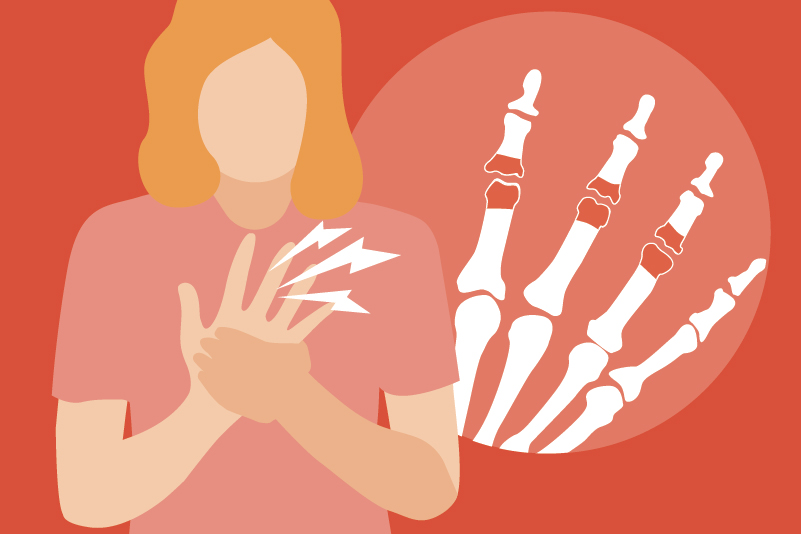#57 Is colchicine an effective alternative to NSAIDs for the treatment of acute gout?

Reading Tools for Practice Article can earn you MainPro+ Credits
Join NowAlready a CFPCLearn Member? Log in
- Industry-funded trial1 with unclear risk of bias:
- Population: 575 patients with gout randomized in a blinded fashion to low- or high-dose colchicine or placebo for the next gout attack (185 patients had a gout attack requiring study drug).
- Interventions:
- Low-dose: 1.2 mg, then 0.6 mg one hour later (1.8 mg total).
- High-dose: 1.2 mg, then 0.6 mg every one hour x 6 hours (4.8 mg total).
- Primary outcome: Achieved ≥50% reduction in pain at 24 hours without use of ‘rescue’ medicine.
- Statistically significant benefit with low-dose colchicine versus placebo (37.8% vs. 15.5%, Number Needed to Treat (NNT)=5).
- No difference between low- and high-dose colchicine (37.8% versus 32.7%).
- Adverse events:
- Low-dose colchicine had statistically significantly fewer adverse events than high-dose.
- Diarrhea: 26% versus 77%, NNT=2.
- Nausea: 4% versus 17%, NNT=8.
- Low-dose colchicine had statistically significantly fewer adverse events than high-dose.
- The only other placebo-controlled trial2 of colchicine for acute gout showed a similar benefit (NNT=3), however:
- High-dose regimen (1 mg, followed by 0.5 mg every two hours until complete pain relief or adverse events) resulted in 100% adverse event rate (vomiting or diarrhea).
- Systematic reviews found no other RCTs of colchicine.3,4
- The latest guidelines5,6 recommend low-dose colchicine, NSAIDs, or oral corticosteroids for acute gout.
- No published studies have directly compared colchicine to NSAIDs or corticosteroids,3,4 and no specific NSAID appears superior to another NSAID in treating acute gout.7
- Caution is recommended when using:
- NSAIDs in patients with hypertension, cardiovascular or renal impairment, or those at risk of gastrointestinal events.8
- Colchicine in patients with renal or hepatic impairment and patients on CYP3A4 inhibitors (clarithromycin, calcium-channel blockers, oral antifungals, and many more) or P-glycoprotein inhibitors (e.g. cyclosporine).8,9






